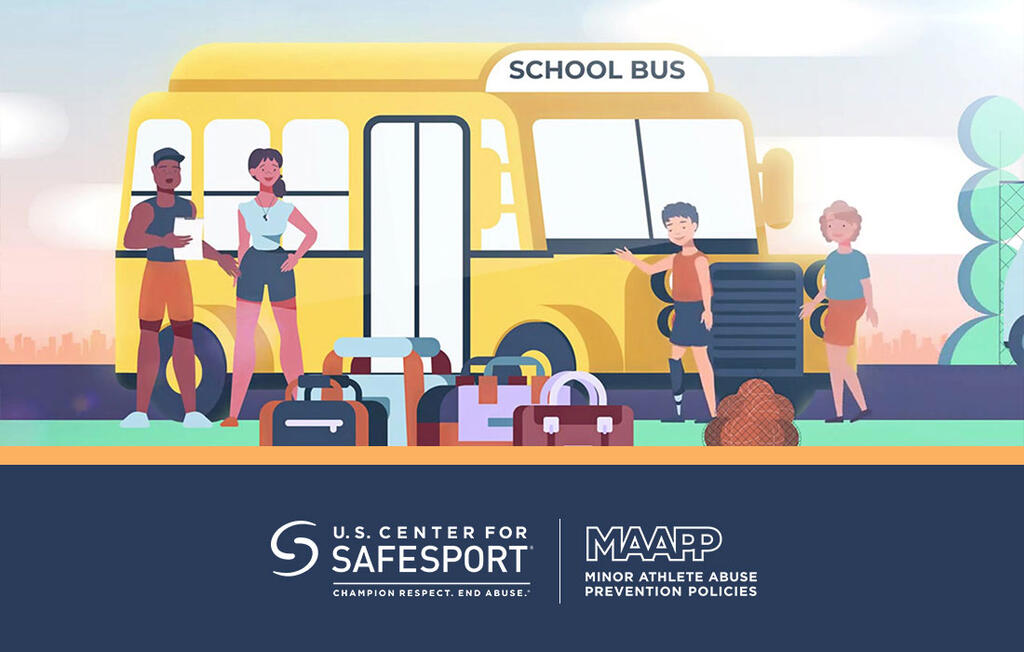The most important asset sport leaders have with athletes is their trust. You can cultivate and honor that trust by setting and promoting abuse prevention training and behavioral standards for adults in your organization-standards that can help keep young athletes safe. The U.S. Center for SafeSport developed best-practice Minor Athlete Abuse Prevention Policies (MAAPP) that are easy to adopt in any sport setting. MAAPP policies are required throughout the U.S. Olympic and Paralympic Movement, encompassing 11+ million athletes and allies in 50+ sports, and advised for all youth-serving organizations, casual or competitive.
Administrators: Here are some key things to know about what MAAPP policies require-including special responsibilities it may place on you-to support abuse prevention at sport organizations that implement these policies.
1) Complete annual abuse prevention training through the SafeSport® Trained Core and Refresher courses
2) Ensure one-on-one interactions with athletes under 18 are observable and interruptible
3) Let parents/guardians watch their child's individual training sessions and obtain consent forms from them annually
4) Ensure a second adult is always present in the room during massages, rubdowns, and other athletic training modalities-for which the child must be fully or partially clothed, with private body parts covered, and for which parents must annually give written consent
5) Ensure that locker rooms and changing areas are monitored and that semi-private or private changing areas are provided
6) Include another adult or parent/guardian on all electronic communication (text, email, social media) with athletes under 18
7) Have written parent/guardian consent to transport an athlete under 18 alone, or have another adult or at least two minors with you
8) Offer abuse prevention training to parents and athletes under 18, if applicable
9) Ensure that locker rooms and changing areas are monitored and that semi-private or private changing areas are provided
10) Include another adult or parent/guardian on all electronic communication (text, email, social media) with athletes under 18
11) Have written parent/guardian consent to transport an athlete under 18 alone, or have another adult or at least two minors with you
12) Offer abuse prevention training to parents and athletes under 18, if applicable
Visit maapp.uscenterforsafesport.org to learn more about these policies and how they can work for your organization.
How does the MAAPP apply to Transportation and Lodging?
Find out in this episode of the RoadMAAPP-one of six animated videos that break down MAAPP principles in bite-sized ways.
SafeSport | Episode 4: Transportation and Lodging | RoadMAAPP
Get Trained!
The U.S. Center for SafeSport offers free live virtual MAAPP trainings tailored for administrators, and over a dozen more abuse prevention courses. Contact a training liaison at your organization or visit the Center's SafeSport Courses for All page to learn more.

